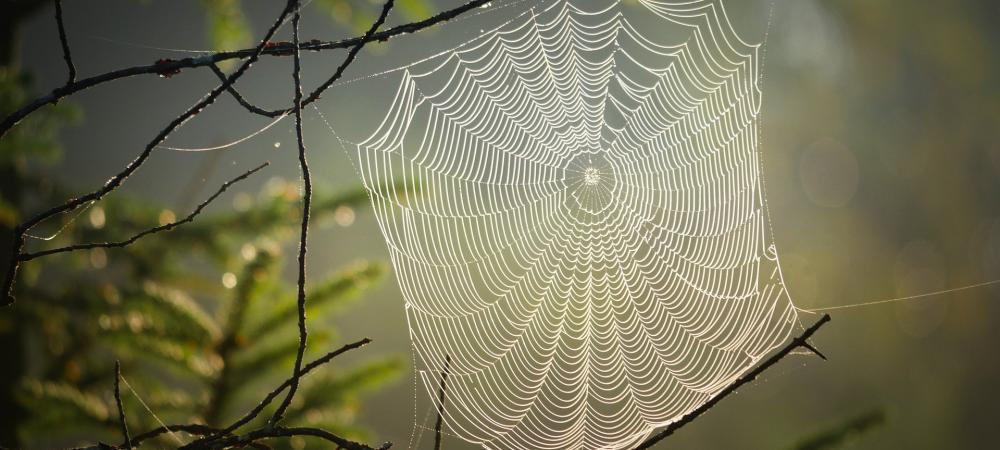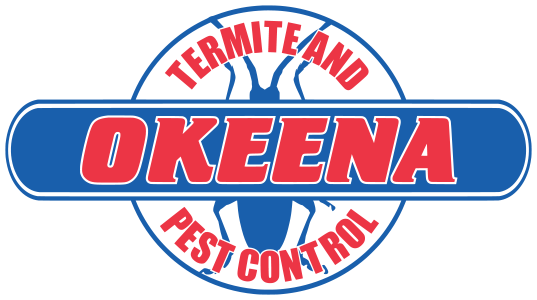Understanding Brown Recluse Spider Bites: Symptoms, Treatment, and Prevention

Brown recluse spiders are notorious for their venomous bites. Found primarily in the United States, these spiders can be found in dark, secluded areas such as closets, attics, and basements. While they typically avoid human contact, accidental encounters can occur, leading to potentially harmful bites. Understanding the symptoms, treatment, and prevention of brown recluse spider bites is essential for staying safe.
Symptoms of Brown Recluse Spider Bites
Identifying a brown recluse spider bite can be challenging since it often resembles other common skin conditions. However, several symptoms may indicate a bite, including:
- Redness and swelling: The area around the bite may become red, swollen, and tender within a few hours.
- Itching and pain: Itchiness and pain at the site of the bite are common symptoms, which may intensify over time.
- Bullseye rash: Some individuals may develop a distinctive bullseye or target-shaped rash around the bite.
- Necrosis: In severe cases, tissue necrosis, or cell death, may occur, leading to a deep, ulcerating wound.
Treatment of Brown Recluse Spider Bites
If you suspect a brown recluse spider bite, it's crucial to seek medical attention promptly. While most bites do not result in severe complications, some may require medical intervention. Treatment options may include:
- Cleaning the wound: Thoroughly clean the affected area with soap and water to reduce the risk of infection.
- Applying cold compresses: Applying ice packs or cold compresses can help alleviate pain and reduce swelling.
- Pain management: Over-the-counter pain relievers such as ibuprofen or acetaminophen can help manage discomfort.
- Medical intervention: In severe cases involving necrosis or systemic symptoms, healthcare professionals may prescribe antibiotics, steroids, or surgical debridement to prevent further complications.
Prevention of Brown Recluse Spider Bites
Preventing brown recluse spider bites primarily involves reducing the risk of encounters with these spiders. Here are some preventive measures to consider:
- Keep the home clean and clutter-free: Regularly clean and declutter your living spaces, including closets, attics, and basements, to minimize hiding places for spiders.
- Seal entry points: Seal cracks, gaps, and openings in walls, doors, and windows to prevent spiders from entering your home.
- Use caution in outdoor areas: When working outdoors, wear gloves and long sleeves to reduce the risk of accidental encounters with spiders.
- Shake out clothing and bedding: Before putting on clothing or bedding that has been stored for a while, shake them out to dislodge any spiders or other insects.
While brown recluse spider bites are relatively rare, they can cause discomfort and, in severe cases, lead to complications. By understanding the symptoms, seeking prompt medical attention when necessary, and implementing preventive measures, you can reduce the risk of encountering these spiders and minimize the likelihood of bites. Stay informed, stay vigilant, and stay safe.

